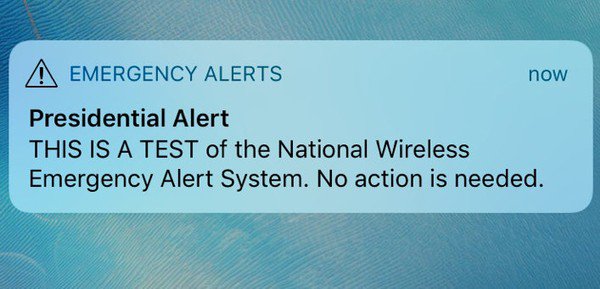Not surprisingly there is consternation at the undermining of RBI's autonomy
There is alarm that this means the subordination of RBI, and the use of the bank's reserves to fund "vote buying expenditure"
But how valid are these concerns?
What about the great monetary economist Milton Friedman for instance?
What did he think about "CBI"? Did he really believe it is such a big deal?
Money has played a role in economies for the past 2500-3000 years. And the creation of money was always entrusted to the state in most cultures
And at no point is it hinted that this body was independent of the govt
In the US, the Federal Reserve was instituted in 1913.
So prior to 1913, the US, for a major part of its existence (1776 to 1913), did not have a central bank
This did not prevent the US from being easily the fastest growing country on earth during this period (1776 to 1913)
By 1863, $450 million worth of new currency was circulating in the Union
The paper can be accessed here -
shadowfed.org/wp-content/upl…
"Friedman points to the fact that ... the Fed was hardly ever the sole authority in the government that had essential monetary powers. Before the Fed existed, the Treasury exercised essential monetary powers, and at times similar to those of a central bank"
But the creation of an independent central bank did not necessarily mean that the function of central banking was undertaken with any greater competence than before
The US economy shrunk by a third in the early 30s. The Fed did v little
Here's Anna Schwartz on the same -
(Contd..)
So clearly the Fed's impotence had forced the govt to step in to engineer a recovery
In part because of his study of the Great Depression, and the role of the Fed in worsening it
"It may be of some surprise that Milton Friedman, a believer in limited government, proposed subordinating the Fed to the Treasury department ..."
that otherwise leave each institution free to blame the other for policy errors"
The political reason is that in a democracy it would be wrong to place such concentrated power in a group free from any kind of direct political control"
- Shirking responsibility in times of uncertainty and difficulty
- Dependence on personalities which fosters instability
- Undue influence to the opinions of bankers"
The great monetary economist, was very sceptical of central bank's discretionary powers, and arguably was more wary of them than the discretionary power of a democratic govt"
As we discussed the greatest depression in the post IR era happened under Fed's watch.
In some cases the recessions were caused by tight monetary policy as in the 30s and early 80s. On other occasions by excessively loose monetary policy as in the mid 2000s
Atleast with politicians, they face the feedback from the ballot box unlike Econ PhDs
Let's conclude with that thought





